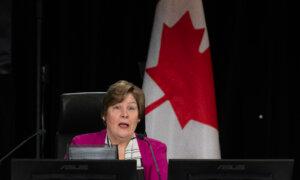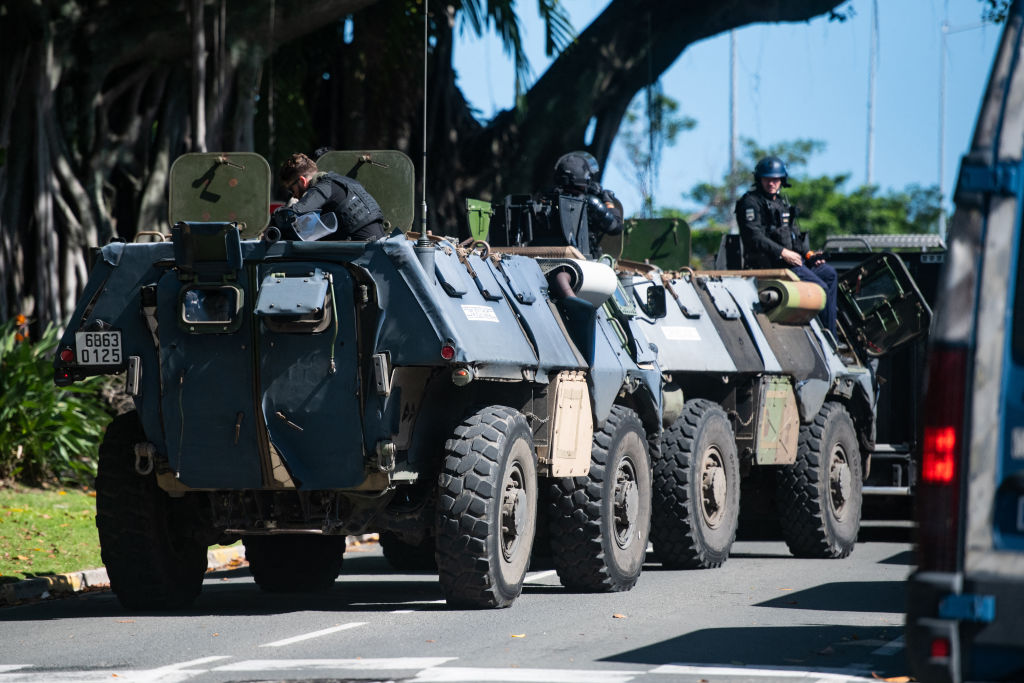The Liberal government is introducing legislation to combat foreign interference by establishing a foreign influence transparency registry and increasing criminal penalties for the act.
“Canada is a strong, open, and free democracy. These strengths, however, can make Canada a target for those who wish to advance their interests to the detriment of our own,” Minister of Public Safety Dominic LeBlanc told reporters on May 6.
“We’re taking action to adapt and to respond to a world where life, and consequently threats, are increasingly moving through the online realm.”
An Act Respecting Countering Foreign Interference, which the Liberal government introduced in the House of Commons, would create new foreign interference offences and a sabotage offence around conduct directed at essential infrastructure.
According to a media briefing, the CSIS Act would be modified to allow the agency to disclose sensitive information to non-federal partners in order to “build resistance against threats.” The Act will also be amended to increase the range of warrant powers and the ability to collect foreign intelligence within Canada.
The Security of Information Act, which acts as the primary legislation addressing foreign interference, will also be modified to include three new offences. These relate to general foreign interference against Canada; committing an indictable offence on behalf of a foreign entity such as bribery, extortion, or visa fraud; and interfering with Canada’s democratic process such as in elections and political parties.
Canada’s Criminal Code will also be changed to strengthen the legal response to acts of sabotage, by creating a new sabotage offence around essential infrastructure, introducing a new offence of making and distributing a device to commit a sabotage offence, and clarifying the intention required for a sabotage offence.
The Criminal Code would also clarify that the sabotage offences do not apply to “legitimate advocacy, protest or dissent” in circumstances where protesters do not intend to cause the harms specified in the legislation.
The Canada Evidence Act, which regulates the handling of sensitive information in legal proceedings, would also be modified to establish a new federal administrative proceedings system that allows judges to consider sensitive information while safeguarding it from public disclosure.
Foreign Influence Registry
The legislation would also create foreign influence transparency, which requires those who act on behalf of a foreign state to disclose their ties to the government employing them. Influence activities would relate to entities that influence policy developments, legislative body proceedings, decision-making by public office holders, and the holding of elections or referendums.
Countries like the United States and Australia have foreign influence registries, but Canada has been slow to establish one. Following reports in 2023 of foreign interference in Canada’s last two elections, the Conservatives and NDP repeatedly called for a registry to be created.
Mr. LeBlanc said the government hoped to work with opposition parties to pass the legislation. “Our hope is they'll work with us so we can put it in place, but we want Parliament to be able to do its work. But we intend to proceed quickly,” he said.
The announcement comes days after the Foreign Interference Commission released its initial report on the issue, which found that countries had interfered in Canada’s 2019 and 2021 elections. Justice Marie-Josée Hogue, commissioner of the inquiry, found that the overall results of the last two elections had not been changed by the interference.
However, the commissioner found the interference had undermined Canadians’ faith in democracy and reduced their trust in the democratic process. “Foreign interference in 2019 and 2021 undermined the right of voters to have an electoral ecosystem free from coercion or covert influence,” she wrote in her report.














 English (US) ·
English (US) ·  Turkish (TR) ·
Turkish (TR) ·